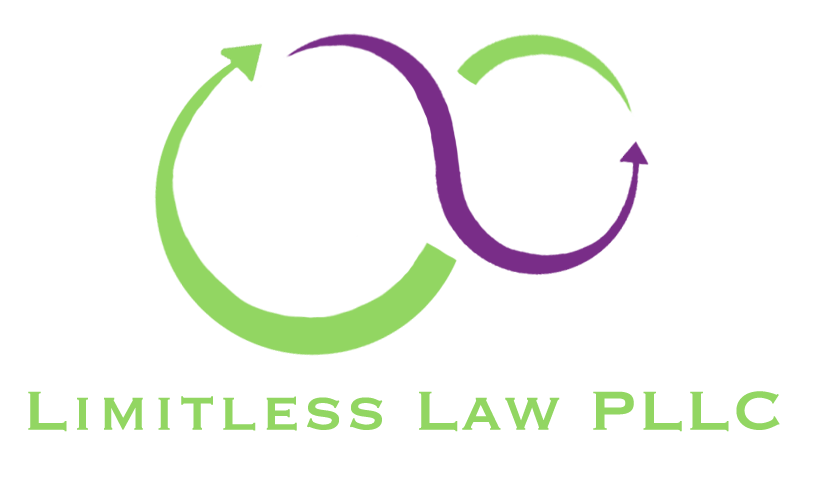Client Login
×Sign up to receive our Top Estate Planning Tips!
Sign Up to Receive Our Top Estate Planning Tips!
We will get back to you as soon as possible.
Please try again later.
TESTIMONIALS
– Elizabeth, a business client
–Charles Kirk
– Katherine, an estate planning client
Deed of Trust or Mortgage – What’s the Difference?
When preparing to buy a home you may be encountering some confusing terms about possible financing options. Bellow are two financed options for real estate that you might run across, a deed of trust or a mortgage.
A deed of trust transfers the interest in your property to an impartial third party called a trustee. The trustee holds control over the debt until you pay all payments due under the contract. The person or company that you borrowed money from to purchase your property cannot act as their own trustee, it must be a neutral third party (like a title company or an attorney).
Typically, when you borrow money to buy real estate, you will sign both a deed of trust/mortgage and a promissory note. The promissory note is basically an “I owe you” for a specific dollar amount. The deed of trust is the document that attaches the debt owed to the real estate so that, if the borrower does not pay on time, the lender can collect the debt by initiating foreclosure proceedings.
The foreclosure process involves a series of notices and strict timelines before the property may be sold at auction by the Trustee named in the Deed of Trust.
A Deed of Trust and a mortgage are fairly similar. A deed of trust is subject to all laws relating to mortgages on real property and the county auditor records deeds of trust as a mortgage.
In a Mortgage there are only two parties to a Mortgage; the mortgagor (borrower) and the mortgagee (lender). There is no third party Trustee.
Foreclosure of a mortgage involves obtaining a judgment and order of sale from the superior court of the county where the property is located.
Both Judicial and Non-Judicial foreclosure provide ample time for the borrower to make good on their payment before the sale of the property.
You might be thinking that only banks and large companies can be the lender for a mortgage but an individual may make five or fewer residential mortgage loans during a calendar year without holding a company level license. If you are eligible for the license waiver, you must comply with certain conditions including the following:
(1) If you do not provide the borrower with a compliant federal disclosure of the loan terms and conditions and cost of financing, you must provide the buyer with a disclosure prescribed by the director.
(2) You must comply with the state’s usury rate limit.
(3) You must follow Washington law if you pursue a foreclosure.
If you have questions or concerns about a Deed of Trust or Mortgage, call Limitless Law PLLC at (360) 685-0145 or use the “Ask an Attorney” link on our website to contact us today!
The post Deed of Trust or Mortgage – What’s the Difference? appeared first on Limitless Law PLLC.
TESTIMONIALS
–Charles Kirk
– Elizabeth, a business client
– Katherine, an estate planning client
Sign up to receive our Top Estate Planning Tips!
Sign Up to Receive Our Top Estate Planning Tips!
Thanks for joining our mailing list. Click the button below to download our Top Estate Planning Tips PDF.
Please try again later.
© 2023 Limitless Law PLLC. All Rights Reserved. Privacy Policy Terms & Conditions






